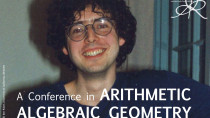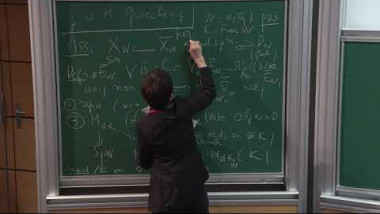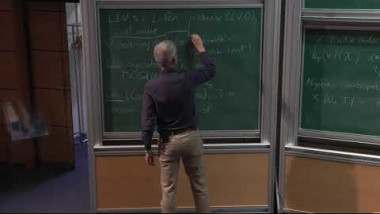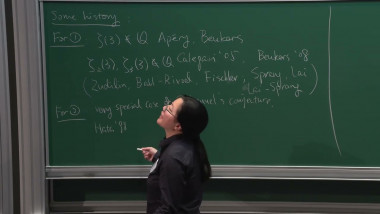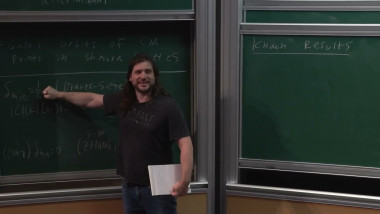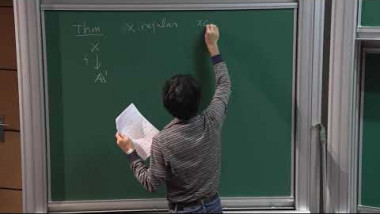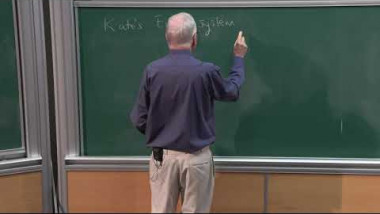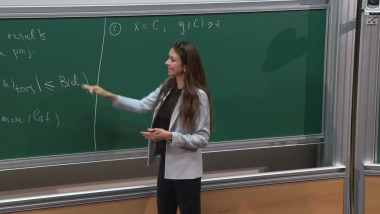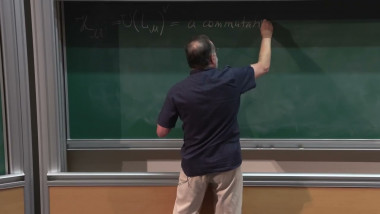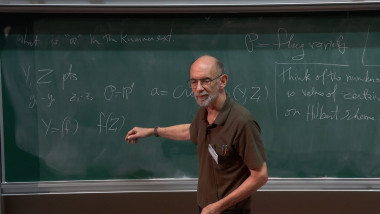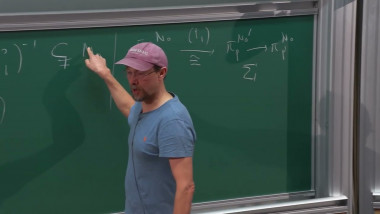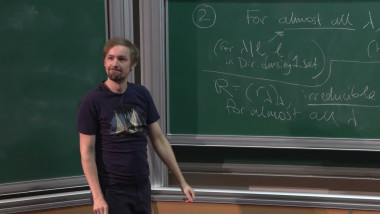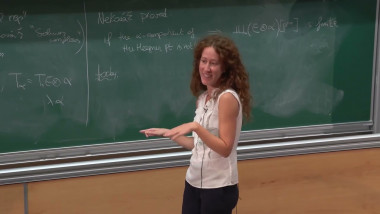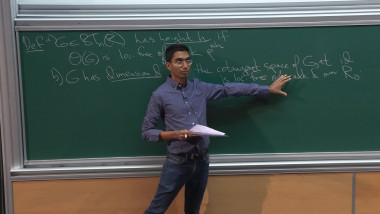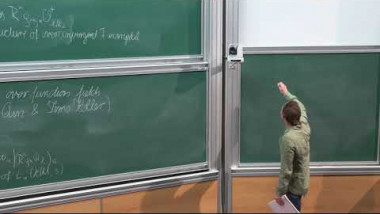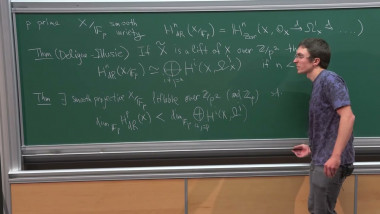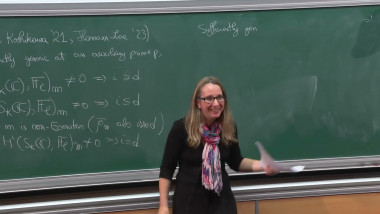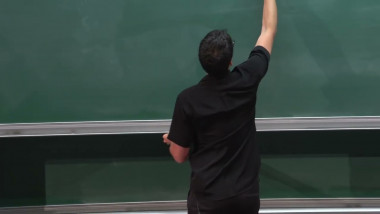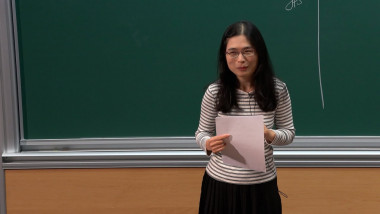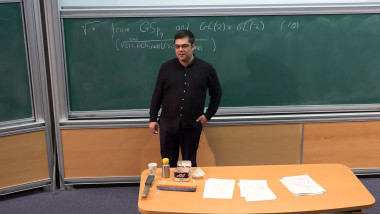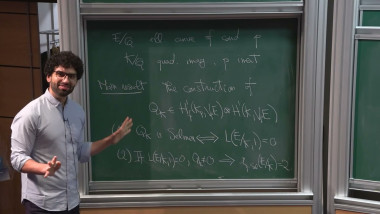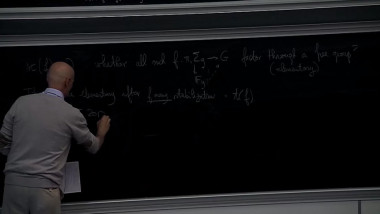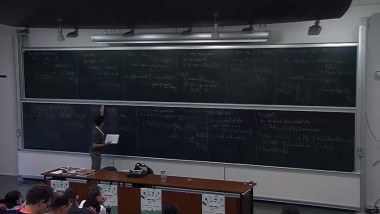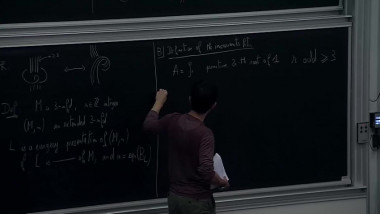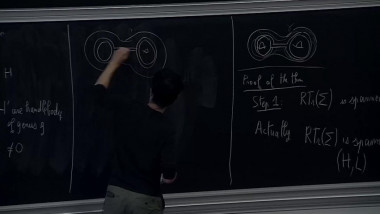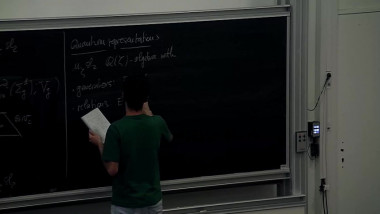Mock Plectic Points
The Ihara group acts by Möbius transformations on the Poincaré upper half plane and on Drinfeld's p-adic counterpart and acts discretely on the product. The resulting quotient can be envisaged as a “mock Hilbert modular surface”, following a suggestive terminology of Barry Mazur. This leads to a fruitful dictionary in which Oda’s conjecture on periods of Hilbert modular surfaces corresponds to the exceptional zero conjecture of Mazur-Tate Teitelbaum proved by Greenberg-Stevens, and where complex ATR points, conjecturally defined over class fields of somewhat complicated reflex fields, correspond to Stark-Heegner points over ring class fields of real quadratic fields.
According to a striking prediction of Nekovar and Scholl, the CM points on genuine Hilbert modular surfaces should give rise to “plectic Heegner points” that encode non-trivial regulators attached, notably, to elliptic curves of rank two over real quadratic fields. I will describe the analogy between Hilbert modular surfaces and their mock counterparts, with the aim of transposing the plectic philosophy to the mock Hilbert setting, where the analogous plectic invariants are expected to lie in the alternating square of the Mordell–Weil group of certain elliptic curves of rank two over Q. The consistency of this prediction with an “anti-cyclotomic exceptional zero conjecture” that Massimo Bertolini and I formulated in the previous century may provide some oblique evidence for the Nekovar-Scholl philosophy.
Joint work with Henri Darmon











